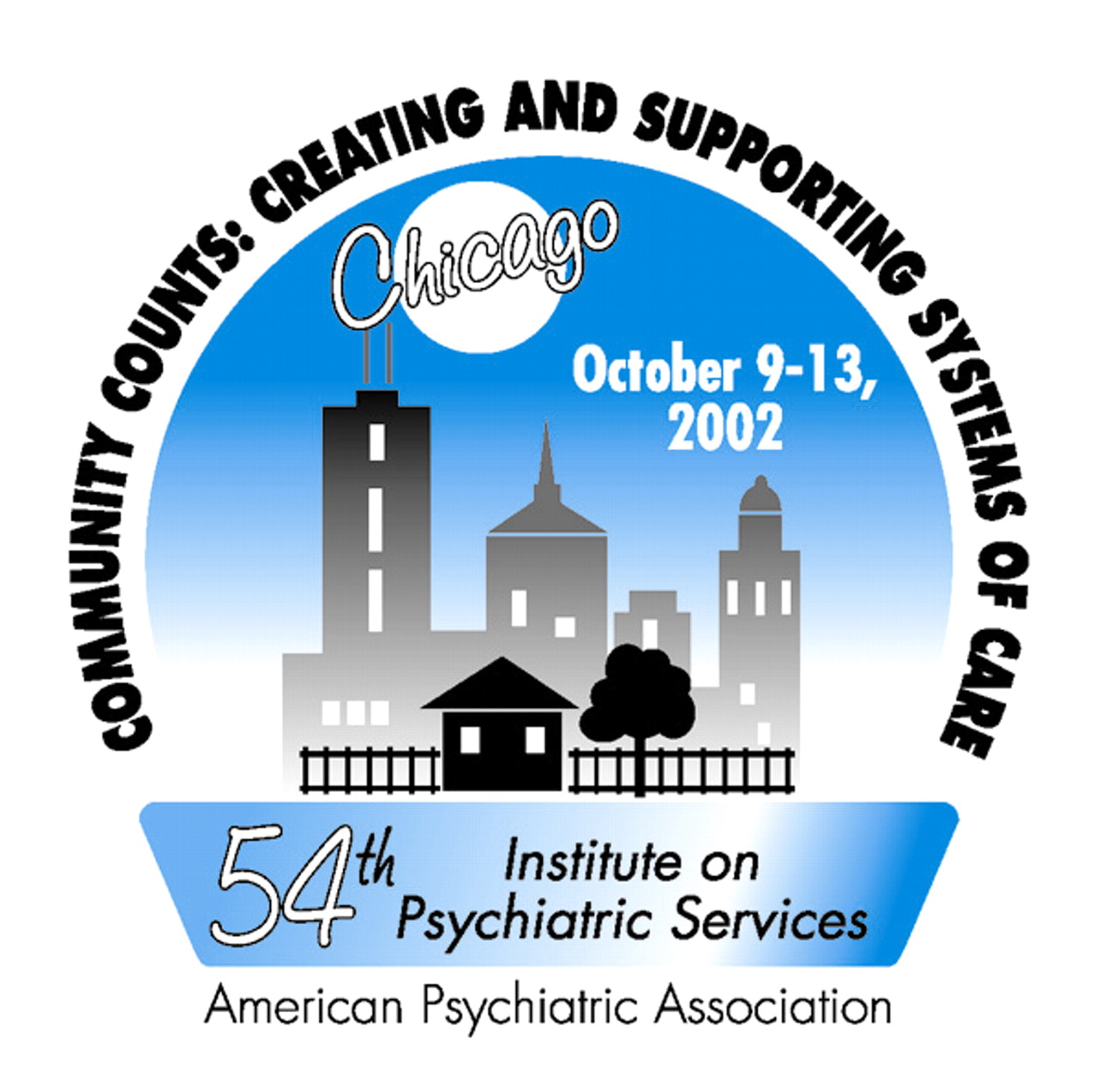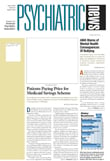APA’s 2002 Institute on Psychiatric Services (IPS), which will be held at the Palmer House Hilton in Chicago from October 9 to October 13, promises to deliver a very informative, interesting, and entertaining program. The institute has always been a forum for those interested in clinical and public psychiatry issues in the friendly and relaxing atmosphere of a small meeting.
One of the more popular formats has been the discussion groups. Discussion groups allow for lively debates of hot topics and controversial issues in clinical and public sector psychiatry. Each year the institute’s Scientific Program Committee chooses prominent experts and mentors to lead the discussion groups. These experts guide attendees through dynamic, informed, and useful interactions. The discussion groups also include valuable contributions by the APA/Bristol-Myers Squibb Fellows and APIRE/Janssen Fellows. This year’s topics and facilitators promise entertaining, at times controversial, and always interesting exchanges.
The first discussion group, on October 9 from 1:30 p.m. to 3 p.m., will be led by H. Steven Moffic, M.D., and Timothy Florence, M.D., and is titled, “How Can We Resolve the Ethical Challenges of Public Sector Managed Care?” Even health care experts and managed care proponents are starting to recognize that managed care has failed.
In the discussion group on October 10 from 1:30 p.m. to 3 p.m., Jeanne E. Greenblatt, M.D., M.P.H., and Jess Shatkin, M.D., will guide the audience through a discussion on “Models of Providing Child and Adolescent Psychiatric Services in Underserved Areas.” This should yield useful insights and information at a time when child mental health care is being compromised by a serious child/adolescent psychiatrist shortage, a growing number of underserved areas, and limits on immigrant visas.
“Addressing Trauma in the Context of Ongoing Domestic Violence: Practice, Policy, and Collaboration,” led by Paula Panzer, M.D. (chair of the institute’s Scientific Program Committee), Carole Warshaw, M.D., Intikhab Ahmad, M.D., and Sata Chandragiri, M.D., will be another lively interchange on an important clinical and public mental health issue. This discussion group will be held October 11 from 3:30 p.m. to 5 p.m.
“Unfunded Mandates: The Latest Challenge for Community Mental Health Clinics” will be led by Julia Eilenberg, M.D., and Jennifer Coffman, M.D., on October 12 from 10 a.m. to 11:30 a.m. With most states facing serious budget cuts, this discussion will be helpful to many.
“Psychoeducation: Liability or Asset?” will be held October 12 from 1:30 p.m. to 3 p.m. Larry S. Baker, M.Div., Karen Landwehr, M.C., Katherine Watkins, M.D., and Alison M. Barnes, M.D., will address an important clinical issue in the management of severely mentally ill patients, the usefulness of psychoeducation.
Other discussions groups include “Leading Large-Scale System Change, Confidentiality in Psychiatric Treatment: HIPAA and Beyond,” led by APA President Paul Appelbaum, M.D., and “Mental Health in Corrections,” led by the president of the American Association of Community Psychiatrists, Jacqueline Maus Feldman, M.D.
All discussion groups will offer a great opportunity to exchange ideas with experts and leaders in the field and with colleagues in a comfortable, relaxed setting, appropriate for conversation, debate, discussion, and opinion exchange.
Mark your calendar to attend the 2002 institute and participate in its exciting, timely, and controversial discussions in the hospitable and friendly city of Chicago. Registration information appears below. ▪

